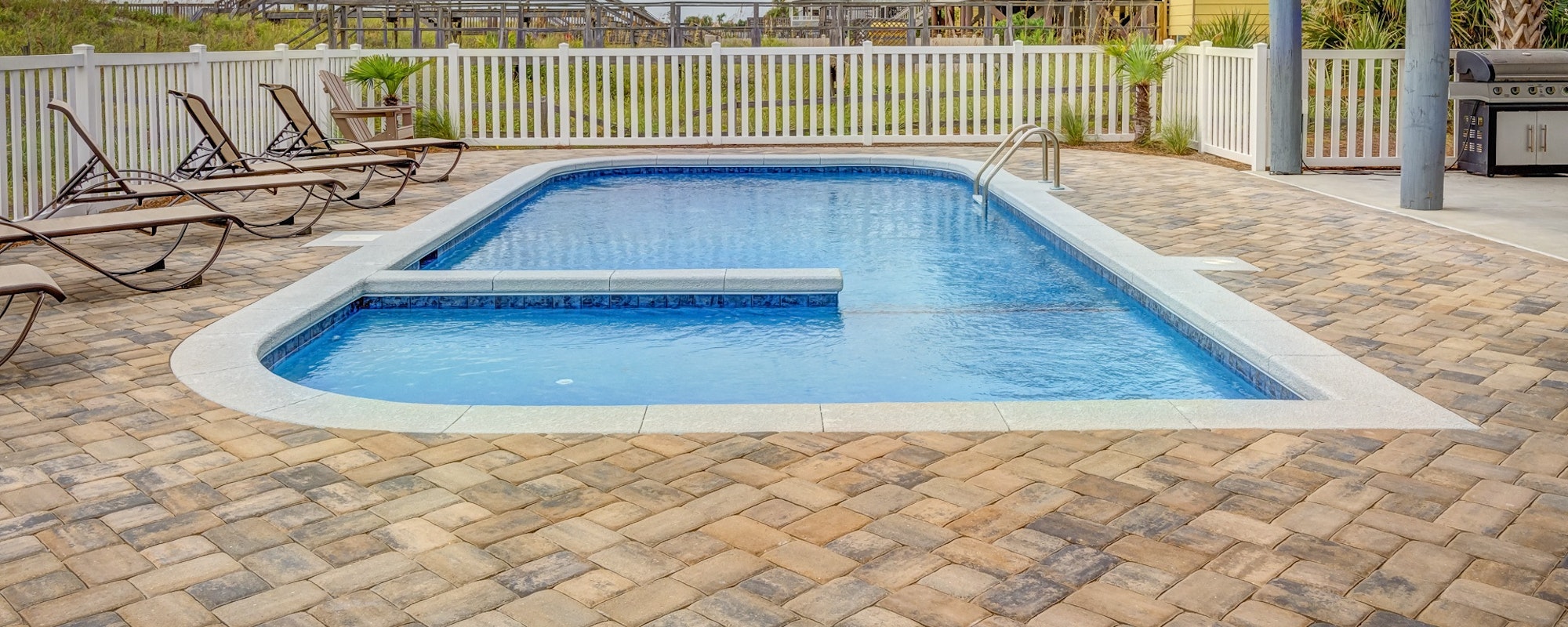If you’re a homeowner who loves spending time outdoors, you might be considering installing a swimming pool in your backyard. While a pool can certainly provide hours of enjoyment and be a great way to stay active, there are both benefits and drawbacks to this investment. In this article, we’ll take a closer look at the pros and cons of owning a pool and provide practical advice for those who are considering making this addition to their home.
Benefits of Installing a Swimming Pool
1. Provides a Place to Relax and Exercise
One of the biggest benefits of owning a swimming pool is that it provides a place to relax and exercise without ever having to leave your home. You can enjoy swimming laps for exercise, lounge on a pool float with a good book, or even host a pool party with friends and family.
2. May Increase Your Home’s Value
A swimming pool can also increase the value of your home, making it an attractive investment for those who plan to sell their property in the future. In fact, a well-maintained pool can add thousands of dollars to the value of a home, if you live in a climate where pools are in demand. If you aren’t sure if a pool will add value to your home and you’re concerned about how well it will sell in the future, reach out to a local real estate agent and as them.
3. Creates a Beautiful Aesthetic
A well-designed swimming pool can be a stunning addition to any backyard, creating a beautiful aesthetic that complements the surrounding landscape.
4. Provides Relief During Hot Summer Months
A swimming pool can provide a refreshing escape during hot summer months, allowing homeowners to cool off and relax in their own backyard.

E-Reader and Drink by Swimming Pool – Photo by Perfecto Capucine from Pexels
Drawbacks of Installing a Swimming Pool
1. High Cost
One of the biggest drawbacks of owning a swimming pool is the high cost of installation and maintenance. Depending on the size and design of the pool, installation costs can range from $20,000 to $50,000 or more. In addition, ongoing maintenance costs can add up quickly, including chemicals, cleaning, and repairs.
2. Insurance May Charge Higher Premiums
It is common for insurance companies to charge higher premiums for homeowners who have a swimming pool on their property. This is because swimming pools are considered an attractive nuisance, which means they can increase the risk of accidents and liability claims. Insurance companies may charge higher premiums to account for this increased risk, or may require homeowners with pools to purchase additional liability coverage.
Additionally, some insurance companies may require homeowners with swimming pools to install certain safety features, such as a fence or pool cover, in order to qualify for coverage. It’s important for homeowners with swimming pools to carefully review their insurance policies and understand any additional requirements or costs associated with owning a pool.
3. Requires Significant Upkeep
A swimming pool requires regular upkeep, including cleaning, maintenance of the pool equipment, and monitoring chemical levels. Neglecting this upkeep can result in a dirty, unsafe, or malfunctioning pool.
4. Can Be Dangerous for Children and Pets
A swimming pool can pose a danger to children and pets, particularly those who don’t know how to swim or are unsupervised. Drowning is a leading cause of accidental death for young children, so it’s important to take necessary precautions to ensure the safety of those who use the pool.
5. Can Limit Yard Space
A swimming pool can take up a significant amount of yard space, which can limit other outdoor activities or reduce the amount of green space available in your backyard.

Child in Swimming Pool – Photo by Porapak Apichodilok from Pexels
Practical Advice for Homeowners Considering a Pool
1. Determine Your Budget
Before you start the installation process, it’s important to determine your budget for the project, including installation, ongoing maintenance, and any necessary upgrades to your backyard landscaping.
2. Choose the Right Location
Choosing the right location for your pool is crucial. Factors to consider include the size and slope of your yard, proximity to trees or other obstacles, and potential issues with underground utilities or drainage.
3. Research Local Regulations
Be sure to research local regulations regarding swimming pool installation, including permits, fencing requirements, and safety standards.
4. Consider Safety Features
To prevent accidents and ensure the safety of those using the pool, consider installing safety features such as a fence, pool cover, or alarm system. Depending on where you live, a fence or ladder gate may be required by law in order to have a pool in your back yard.
5. Plan for Maintenance
To keep your pool in good condition, plan for regular maintenance and upkeep. This may include hiring a professional pool service or investing in tools and equipment for cleaning and maintenance.
In conclusion, owning a swimming pool can be a great investment for homeowners who enjoy spending time outdoors and want to add value to their property. However, it’s important to carefully consider the benefits and drawbacks of owning a pool before making this investment and to take necessary precautions to ensure the safety of anyone who may be able to access the pool.




